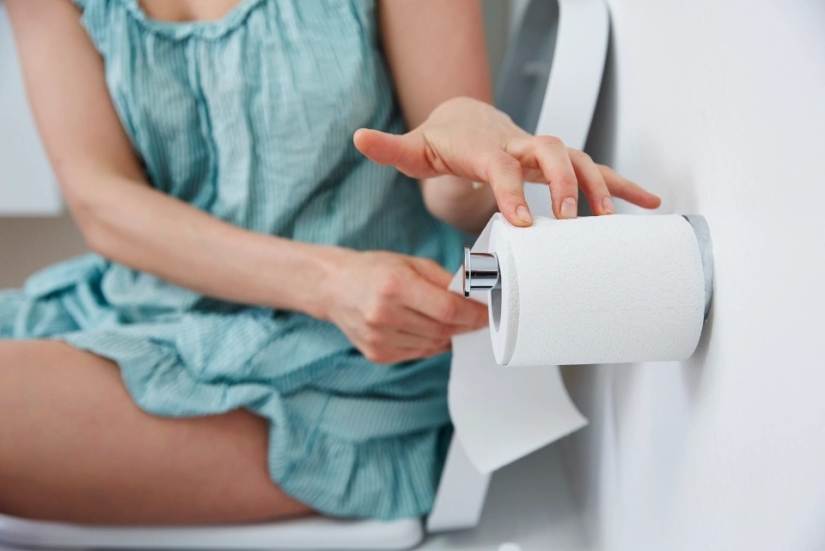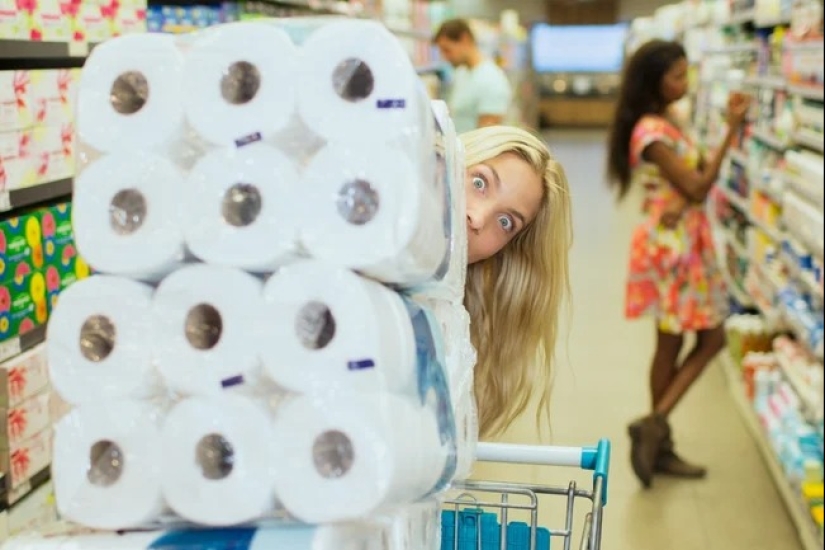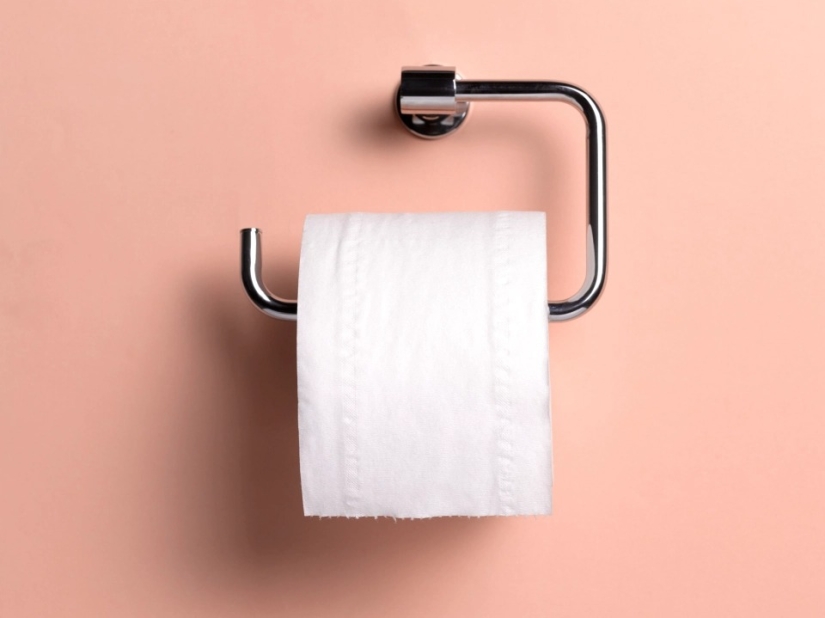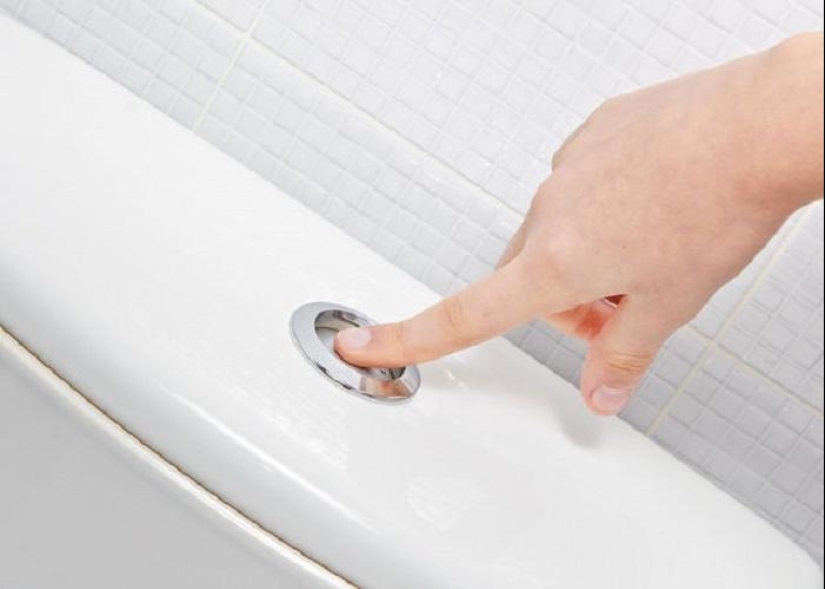Net savings: scientists have found out how much toilet paper you need to use at a time
Categories: Life hacks | Society | World
By Pictolic https://pictolic.com/article/net-savings-scientists-have-found-out-how-much-toilet-paper-you-need-to-use-at-a-time.html
Each of us has our own habits, and this applies to everything, including the use of toilet paper. Have you ever thought about how much you need to spend at a time to stay clean and not spend too much? Experts in environmental protection, who are trying to reduce the use of paper on the planet by any means, told how to make sure that the roll does not end longer.
Many people use too much toilet paper, which negatively affects both the saving of their own money and the preservation of the planet's resources.

While some generously wind the strip on the hand, others count the segments on the roll. Which one of them is right, and how many pieces of toilet paper do you need to be clean and not waste it? Representatives of Sanctuary Bathrooms teamed up with health and hygiene experts to shed light on the mistakes we make in the toilet, and found the answer to a disturbing question.

It turns out that the average person needs only 10 pieces of toilet paper after the toilet. Experts ask not to wrap a piece of the roll around the palm of your hand, so that you do not spend more than you need. Ten leaves is the maximum number, and if you use less, it's even better.

Experts also paid attention to the flush in the toilet. They advise you to close the lid every time you flush the water, so that harmful bacteria do not spread through the air. After using the toilet, up to 500,000 microbes and viruses remain on every three square centimeters of the toilet room surfaces, which are scattered with splashes when the water is drained. In particular, they get into the respiratory tract of a person and on his skin.
The toilet is an integral part of life, but in different countries it is used in its own way. So, the traditions of Asian peoples are fundamentally different from European ones.
Keywords: World | Everyday life | Scientists | Toilet | Society | Expenses | Tips | Savings | Cleanliness | Resources | Toilet paper | Hygiene | Use | Life hacks | Toilet bowl | News of the day | Roll
Post News ArticleRecent articles

It's high time to admit that this whole hipster idea has gone too far. The concept has become so popular that even restaurants have ...

There is a perception that people only use 10% of their brain potential. But the heroes of our review, apparently, found a way to ...
Related articles

Have you heard of such a phenomenon as the doorway effect? Let's put it simply: have you ever walked into a room and immediately ...

Most of us think that the color of the eggshell does not play any role and it is possible not to pay attention. But it's not and ...

"Wash your hands before eating!" — a phrase familiar to us since childhood. The parents explained that with the help of this ...

New Year's is a time to surprise and delight loved ones not only with gifts but also with a unique presentation of the holiday ...